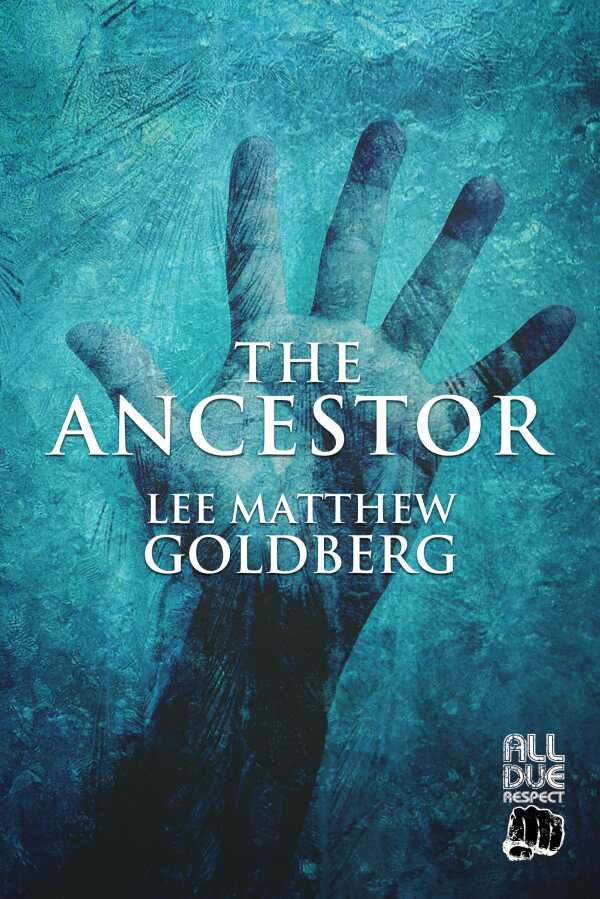The Ancestor
- 2020 INDIES Finalist
- Finalist, Thriller & Suspense (Adult Fiction)
This thrilling novel is rich in descriptions of the vast, snowy, and deadly wilderness of Alaska; it ably captures the type of person who chases gold.
A man’s attempts to recapture his past lead him down a heinous path in Lee Matthew Goldberg’s thriller, The Ancestor.
Wyatt is a man outside of time. Somehow, he has survived in stasis since 1898 in the Alaskan wilderness, waking in the year 2020. He had been trekking through the unknown in search of gold, leaving behind a wife and son. Reeling from the discovery of his one hundred and fifty years of sleep and the loss of his family, Wyatt meets his great great grandson, Travis, and his wife and son. Desperate to recapture what he lost, Wyatt plots to ingratiate himself to his descendants and take advantage of the uncanny similarity in looks between himself and Travis.
The Ancestor is straightforward and deliberate. The story’s dark tone is established early on and carries through to the end, even in moments that could offer reprieve. Its sustained nature isn’t fatiguing, though: it pushes the story forward and mirrors Wyatt’s paths to acting on his darker impulses in the past and present. Characters’ motivations are expressed up front, and all of this straightforwardness is what makes the book a mystery. Wyatt is told what will happen to him and the decisions he will make; he still barrels toward those eventualities without thought. He is singular in his quests for gold and belonging.
The gold rush aspects of story are its most explanatory and most detailed in terms of Wyatt’s motivations and foibles. At first sparing and then shared all at once, Wyatt’s 1898 Klondike gold rush expedition is shared via heroin-induced flashback journal entries, rich in descriptions of the vast, snowy, and deadly wilderness of Alaska, and capturing the type of person who chases gold. For Wyatt, this means denial about his own selfishness, greed, jealousy, and violent tendencies. These characteristics are as consistent through time as the Chilkoot Pass, the primary route of the Klondike gold rush.
Traveling through the Klondike would be incomplete without encounters with its original First Nations inhabitants. In both the past and the present, the Tlingit nation play a pivotal role in the novel. Kaawishté, a Tlingit warrior, is a key character of the past, serving as guide and eventual friend to Wyatt during his search for gold. Their joint experiences working alongside a village of Tagish people spark in Wyatt a respect for First Nations and Native American people that he previously lacked. Aylen, a Tlingit sex worker, is a key character in the present. She becomes a confidante for Wyatt, someone to whom he can pour out his story. She is, like the novel’s other women are, a prop for the men in her life, though: Aylen is someone to be used, not someone to come home to. In contrast, Wyatt’s wife is someone to leave, but who will always be there, and Travis’s wife is someone to covet. The Alaska of the novel is a man’s world.
Knowing the ending is a peculiarity that does not diminish the journey toward it. With the rugged landscape of Alaska as a backdrop, mounting dread pushes The Ancestor to its inevitable conclusion.
Reviewed by
Dontaná McPherson-Joseph
Disclosure: This article is not an endorsement, but a review. The publisher of this book provided free copies of the book and paid a small fee to have their book reviewed by a professional reviewer. Foreword Reviews and Clarion Reviews make no guarantee that the publisher will receive a positive review. Foreword Magazine, Inc. is disclosing this in accordance with the Federal Trade Commission’s 16 CFR, Part 255.

